
The income of sports athletes has long been considered low compared to the social average, and not commensurate with the training efforts, dedication, physical contributions and pressure endured over many years that sports heroes have spent to bring glory to the country.
Specifically, Decree No. 152/2018/ND-CP stipulates a number of regimes for coaches and athletes during training and competition periods, stating that athletes at the national team level receive a regime of 270,000 VND/day, while the regime for young athletes is 215,000 VND/day. Calculated, the average monthly income of an athlete is about 8 million VND, while young athletes are only about 6.45 million VND. This is the regime when athletes train and compete in the national team (or youth team). At the local level, athletes receive a salary according to state regulations, which is also relatively low.
An athlete who participated in the Asian Games shared that despite performing well in the national championship, winning many gold and silver medals and training regularly every year, the amount of money this athlete saved was not too much. Not to mention, every month the athlete also had to send money home to his family, buy food supplements, invest in education... so he could not save much.
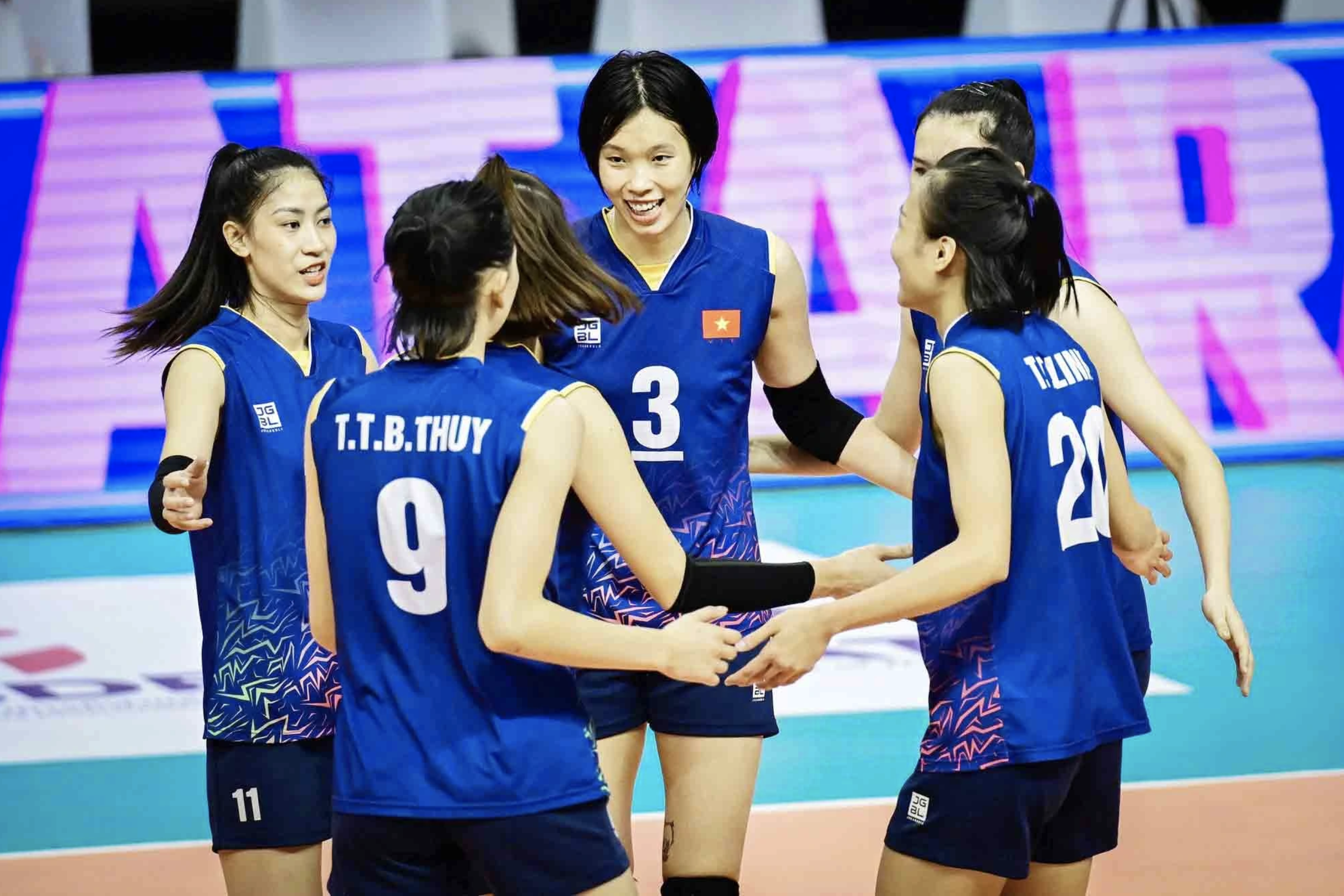
Vietnamese volleyball took off when many businesses joined hands to develop, helping athletes build their brands and earn more income from bonuses and advertising money.
Photo: AVC
"Athletes with good incomes mainly come from winning international tournaments such as ASIAD, SEA Games, knowing how to build their brands, working with businesses, and competing in sports that already have a large fan base such as football and volleyball. However, the number of such athletes is not much. We know them because they are at the "top" level. Most athletes at the bottom level still have to struggle to cope with daily life, with an income that is only enough to support themselves, making it very difficult to accumulate a large amount of capital to use after retirement," said expert Doan Minh Xuong, Head of the School Football Department of the Ho Chi Minh City Football Federation.
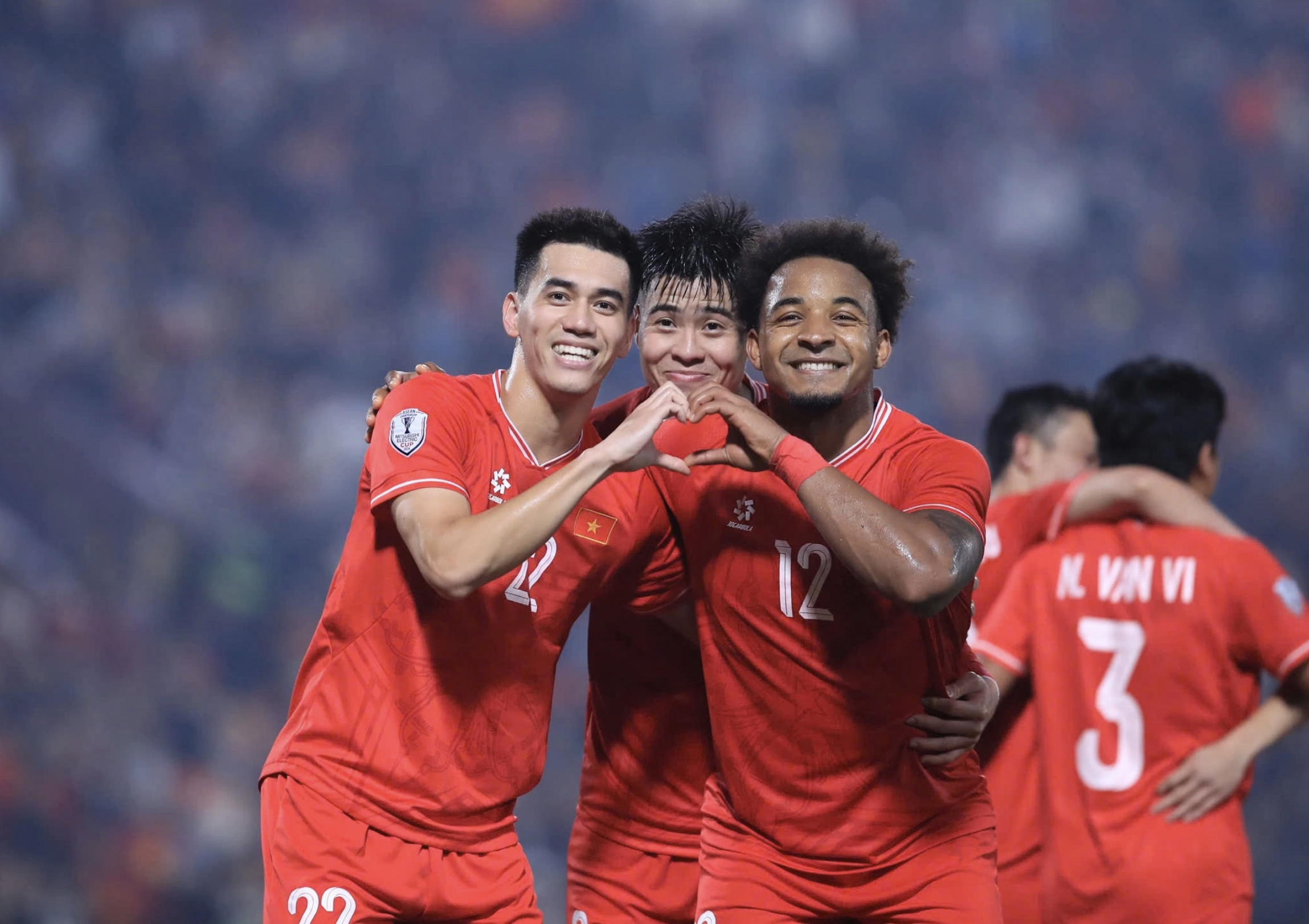
Football is a rare sport in Vietnam that is socialized.
Photo: MINH TU
Dr. Bui Thi Hien Luong, in charge of football at the Vietnam Sports and Physical Training Department, confided that when she was still a competitor, she had to pay for her own education, even pay for her missed exams, and had to take advantage of her time to run 40 km every day to study and gain knowledge to prepare for the future. This is the situation that many athletes are experiencing: saving money from their small monthly salary (even when focusing on competitions, the salary according to state regulations is still very low) to study, or "saving up little by little" and saving without knowing when they will have enough capital.
"Athletes… don't have any money," said a player who has participated in many major tournaments.
Deputy Director of the Vietnam Sports Administration, Ms. Le Thi Hoang Yen, affirmed that sports is a very special profession, requiring a spirit of hard training, dedication, sacrifice and endless passion. Therefore, athletes who are "sweating and crying" every day need a more reasonable remuneration regime, so that they can devote themselves with peace of mind. Following the flow of sports, along with the urgent demands of society, the regime of 270,000 VND/day is no longer suitable.
"Athletes and coaches must be able to make a living from their profession to feel secure in their dedication," affirmed Mr. Nguyen Hong Minh, former Head of the Department of High Performance Sports, Sports and Physical Training Committee (now the Vietnam Sports and Physical Training Department).
On June 6, Minister of Culture, Sports and Tourism Nguyen Van Hung signed a decision to promulgate a plan to develop a Decree regulating a number of regimes for sports coaches and athletes during training and competition periods (replacing Decree No. 152/2018/ND-CP). In particular, the Vietnam Sports Administration is assigned as the standing agency responsible for the work during the process of developing the draft Decree, ensuring the order and procedures according to the provisions of the Law on Promulgation of Legal Documents; coordinating with departments, divisions and related units (inside and outside the Ministry of Culture, Sports and Tourism) to develop the draft Decree...
Hopefully, in the draft Decree, the regime for athletes and coaches will be increased to a more satisfactory level, or there will be additional allowances and special regimes for athletes with excellent achievements. Only when a good income is guaranteed, can athletes accumulate enough capital to prepare for life after retirement.

Decree 36/2019/ND-CP detailing a number of articles of the law amending and supplementing a number of articles of the Law on Physical Training and Sports has a number of provisions related to career guidance for athletes after retirement.
Specifically, Article 6 stipulates: Athletes of national sports teams who have graduated from high school and completed their tasks of participating in the Olympics, World Championships, World Cups, ASIADs, Asian Championships, Asian Cups, SEA Games, Southeast Asian Championships, and Southeast Asian Cups are given priority for direct admission to sports majors or physical education majors of universities and colleges; are sent to participate in coach training courses, participate in training and advanced training to improve professional qualifications domestically and abroad; are considered for exemption or reduction of tuition fees, and support for study costs according to the provisions of law.
Article 7 stipulates: Athletes of national sports teams, industry, provincial and centrally-run city sports teams who have vocational training needs and are eligible for vocational training support will be supported with vocational training according to the provisions of Decree No. 61/2015/ND-CP dated July 9, 2015 of the Government regulating policies to support job creation and the National Employment Fund.
Athletes who win medals at the Olympic Games, ASIAD, and SEA Games are given priority in special recruitment to work at public sports facilities suitable for the job position to be recruited; are given priority points in recruiting workers at sports facilities when they have the qualifications and professional capacity suitable for the requirements of the recruitment position; during the probationary period, they are entitled to 100% of the salary and allowances of the job title corresponding to the job position.
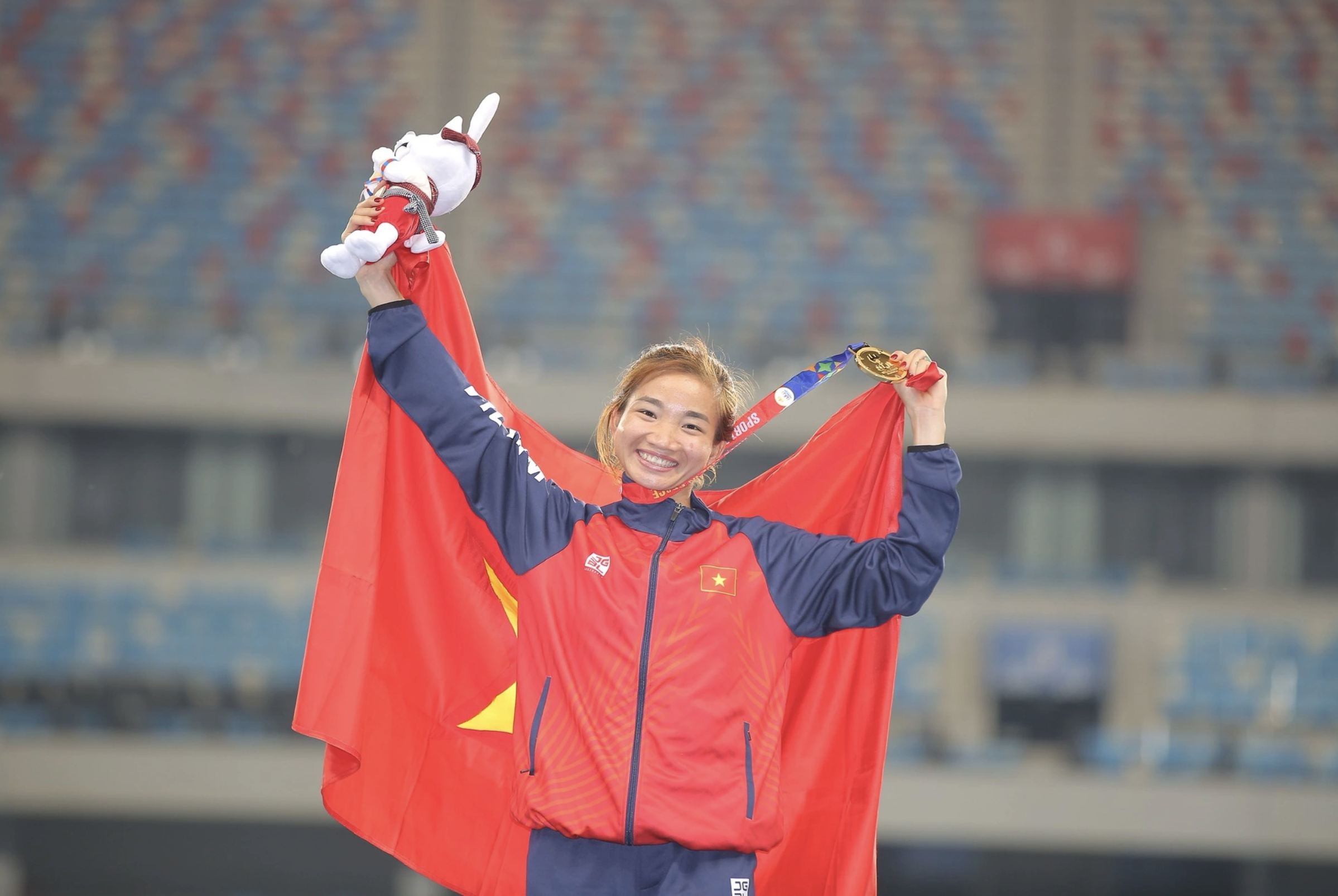
Nguyen Thi Oanh was awarded a house and a car for her excellent performance at the 32nd SEA Games. She was also guaranteed a future as a coach after her retirement. However, not all athletes are as fortunate as Oanh. They need more open policies.
Photo: NGOC DUONG
However, there are still points that need to change. First, most athletes after retirement want to pursue a career as a coach or sports manager, but only about 15% can do so, because the number of coaches and managers needed is much less than the number of athletes. The rest will switch to new careers that are not related to the skills they were trained in.
Minister of Culture, Sports and Tourism Nguyen Van Hung frankly admitted: Solving jobs for athletes after their peak period is still difficult. The reason is that their training level and career have not been converted after their competition period ends. The converted career is also not suitable for athletes.
According to former coach Nguyen Thi Nhung of the Vietnam shooting team, the sports industry does not have vocational training centers or specific skill development centers, but only stops at the level of general orientation through seminars. Although Decree 36/2019/ND-CP has a plan to take care of athletes, according to an industry leader, the path from theory to practice is still very far, and the sports industry cannot solve the problem alone.
To ensure athletes can devote themselves with peace of mind, there needs to be two policies that "water" both the roots and the tips. For the roots, there needs to be specific policies and close supervision of the implementation of the school sports development policy, focusing on cultural education so that athletes have a solid foundation of knowledge, gradually replacing the centralized "fighting cock" training model.
At the top, the government needs to coordinate between the Ministry of Culture, Sports and Tourism, the Ministry of Home Affairs, and the Ministry of Education and Training in building vocational training centers and providing specific orientation for athletes. Each athlete has his own strengths, interests, and orientations, and a general formula cannot be used to "cover" all of them. Only when they are properly trained and have orientation for career transition, will sports heroes have the foundation of capacity to compete in the labor market.

At the workshop on orientations for the development of high-performance sports in Vietnam with a vision to 2030, the Department of Sports and Physical Training (Ministry of Culture, Sports and Tourism) estimated that about 5,800 - 6,150 billion VND is needed to develop sports in 6 years (2024 - 2030). Each year, the sports industry has about 965 - 1,000 billion VND from the state budget.
This is a modest figure, considering that Vietnamese sports currently invest in about 40 sports, with over 10,000 athletes. On average, each athlete is only invested less than 100 million VND per year (about 8.3 million VND/month) for training and competition. Resources from the state budget are like a narrow blanket: covering the head, leaving the feet exposed, covering the feet, leaving the head exposed. Every time one sport receives key investment, spending on another sport is cut.
Although the Vietnam Sports Administration has made a list of sports that need key investment for the SEA Games, ASIAD or Olympic goals, the reality of lack of income for athletes and coaches, lack of modern competition equipment, the number of tournaments and training trips that can be counted on the fingers... still happens regularly.

Badminton "monument" Nguyen Tien Minh once had to spend money to compete abroad and hire experts himself.
Photo: INDEPENDENCE
For example, in badminton, famous athletes like Nguyen Tien Minh in the past or Le Duc Phat now have to pay to compete abroad to accumulate points to participate in major tournaments.
"Vietnamese sports need to attract investment resources from businesses. Socializing sports and sports economy is an inevitable trend that needs to be followed, instead of always following the subsidy model," said Mr. Doan Minh Xuong. Currently, in addition to popular sports such as football, volleyball, etc., other sports are struggling to find sponsors. Most can only rely on the "milk" of the budget, but when the budget is only that much, Vietnamese sports need to find another way. Look at Olympic champions like Joseph Schooling (swimming, Singapore) or Carlos Yulo (gymnastics, Philippines). They all receive key investments of millions of USD each year from both the government and businesses. That is a number that Vietnamese athletes can only... dream of.
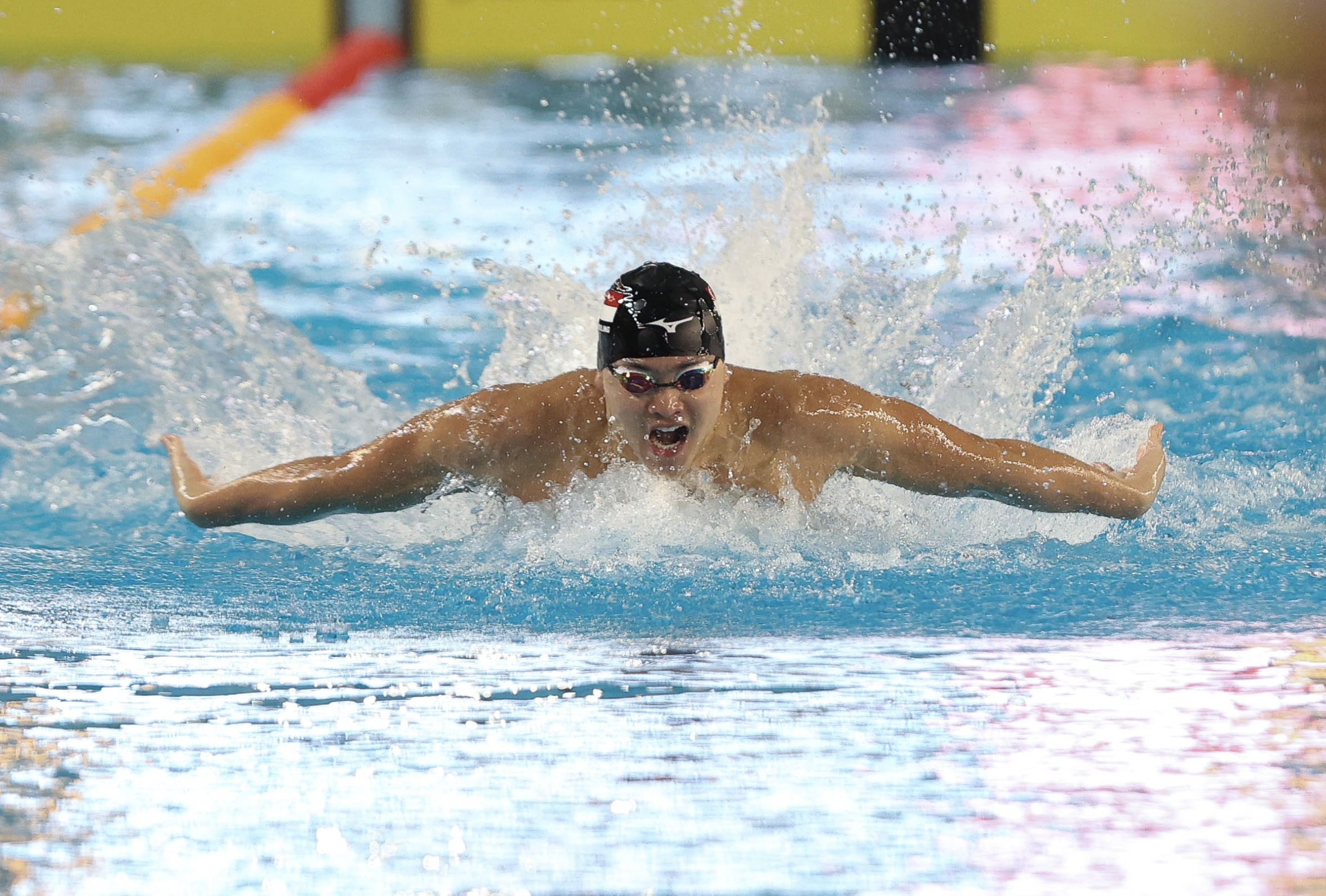
Joseph Schooling won Olympic gold medal thanks to proper investment from Singapore government and businesses
Photo: DAU TIEN DAT
To socialize and attract businesses to invest, the government needs specific policies. An industry leader expressed that businesses need attractive tax incentives when investing in sports, otherwise it will be very difficult to attract them. For example, a business spends 500 million VND to sponsor a sports team, but still has to pay full tax as if it were spending money on advertising.
We need an open policy, hitting the right issues and removing 'bottlenecks' to attract more social resources to be poured into sports, instead of just a trickle as at present. If businesses join hands to sponsor, are given favorable conditions to build, renovate, upgrade sports facilities, and exploit business effectively, Vietnamese sports will benefit. Unfortunately, the socialization of sports is still not thorough. Athletes can only live on the small amount of money from the budget, making it difficult to improve their lives.
Removing policy bottlenecks for sports socialization will help Vietnamese athletes have better incomes, thereby building a more stable future foundation after their careers.
Author: Hong Nam
Source: https://thanhnien.vn/ky-7-vdv-can-chinh-sach-thoa-dang-de-yen-tam-cong-hien-185250618150050849.htm




![[Photo] Cat Ba - Green island paradise](/_next/image?url=https%3A%2F%2Fvphoto.vietnam.vn%2Fthumb%2F1200x675%2Fvietnam%2Fresource%2FIMAGE%2F2025%2F12%2F04%2F1764821844074_ndo_br_1-dcbthienduongxanh638-jpg.webp&w=3840&q=75)



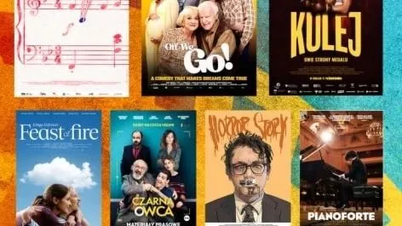

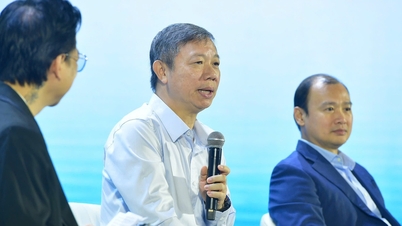
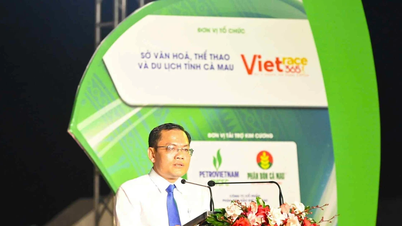

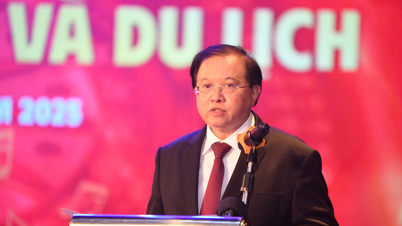
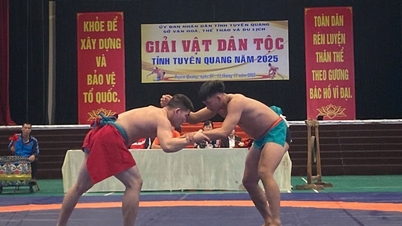

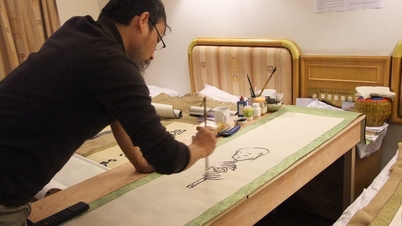
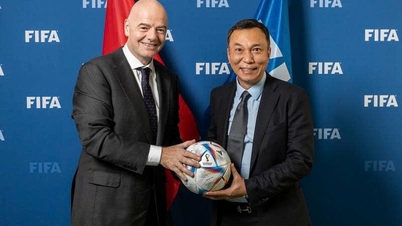
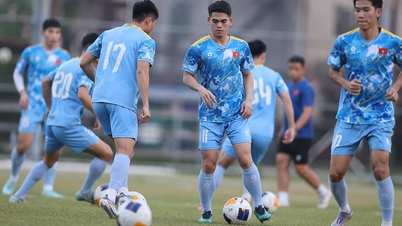
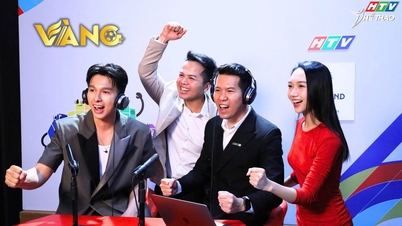


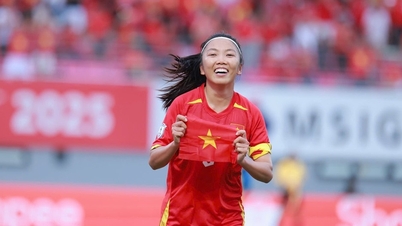

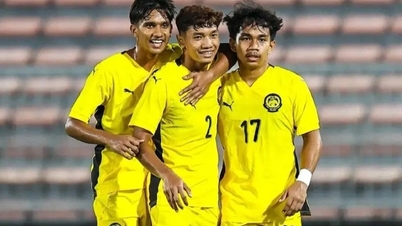






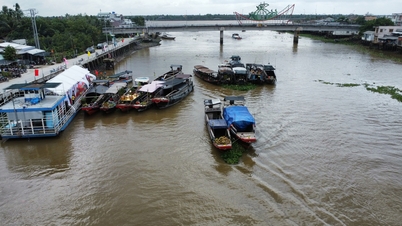
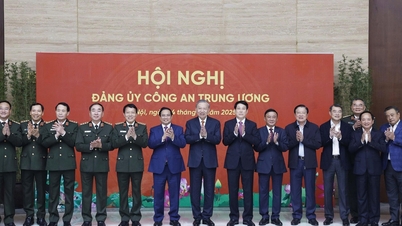
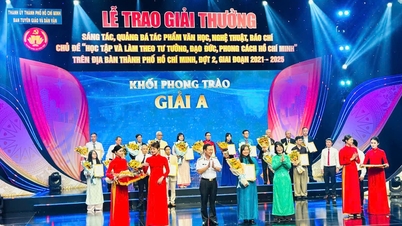
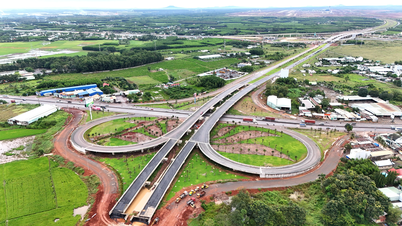



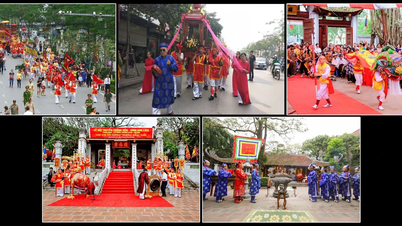

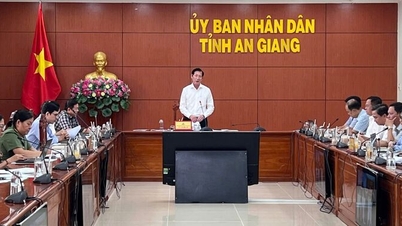



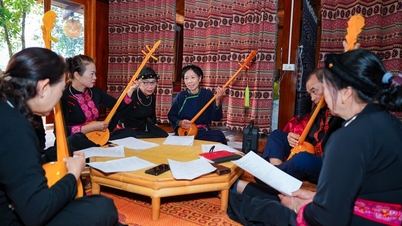






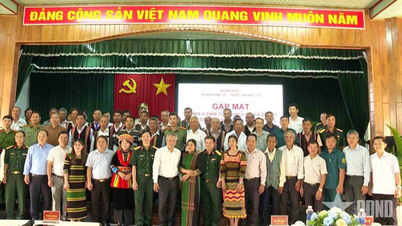

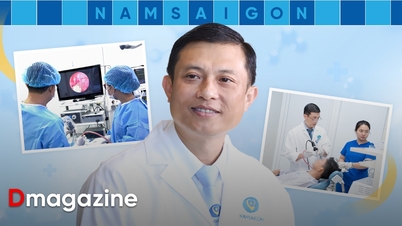
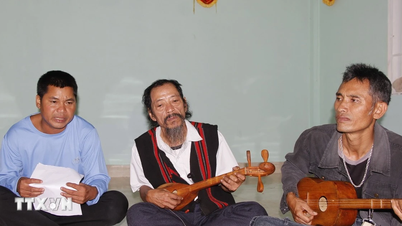


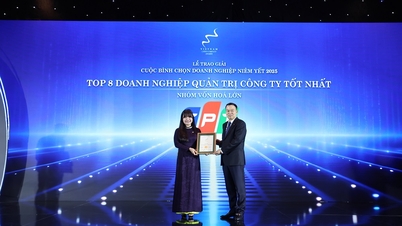

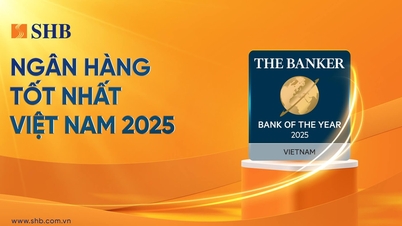

![[VIMC 40 days of lightning speed] Da Nang Port: Unity - Lightning speed - Breakthrough to the finish line](https://vphoto.vietnam.vn/thumb/402x226/vietnam/resource/IMAGE/2025/12/04/1764833540882_cdn_4-12-25.jpeg)
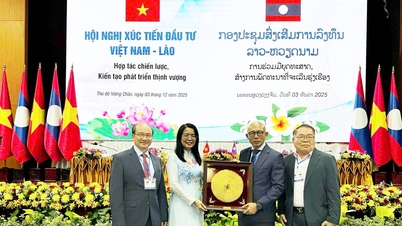
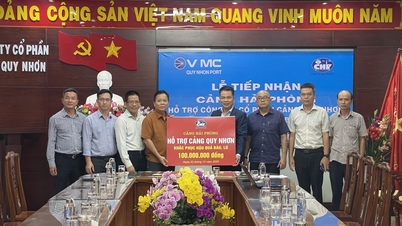










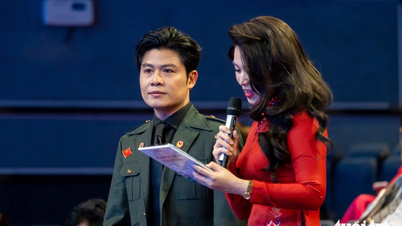

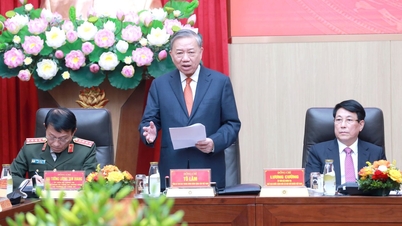

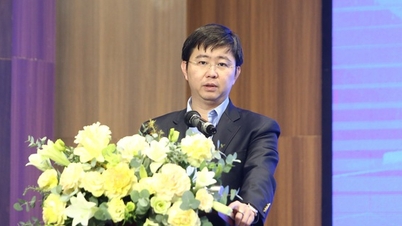

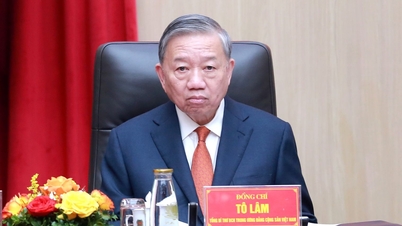


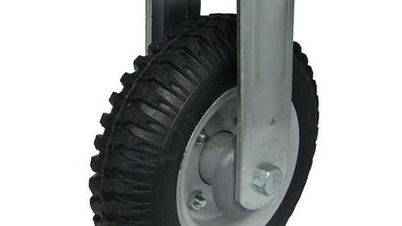


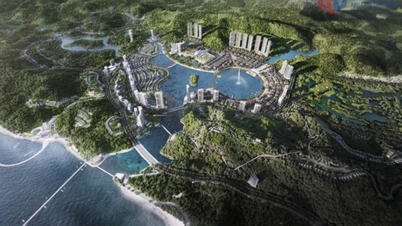

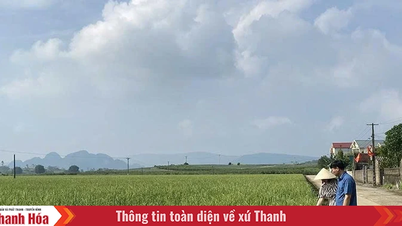

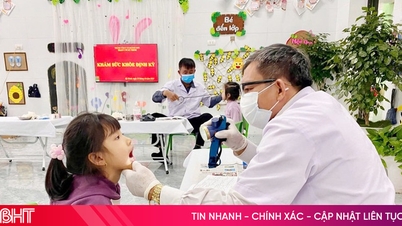

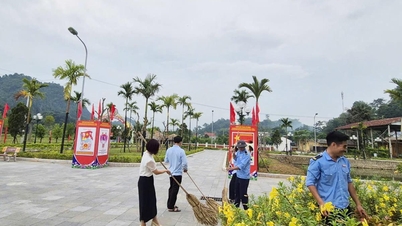

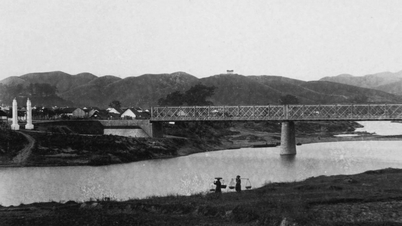















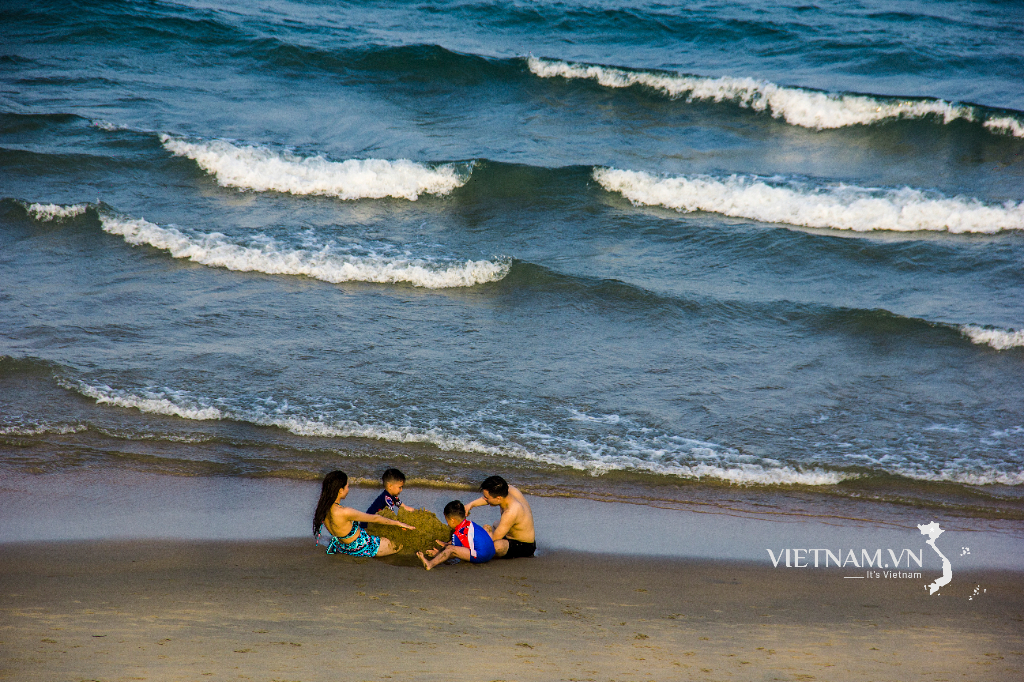
Comment (0)